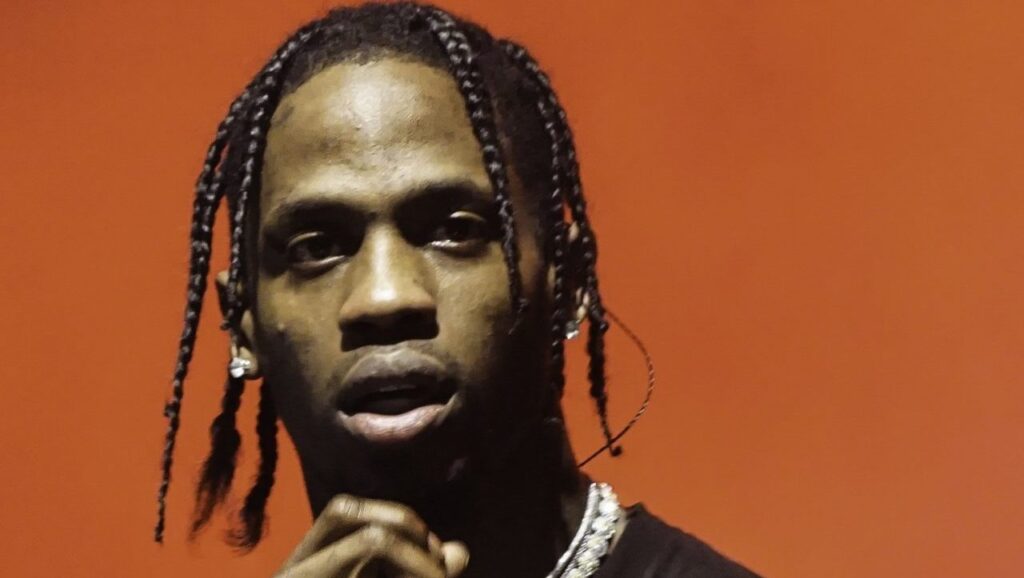
According to MIDiA Research’s Tatiana Cirisano at the Music Biz conference, the growth of music streaming revenue, which has been in double digits, is expected to slow down. The firm predicts that it will decrease from about 10% growth in 2024 to 3% growth in 2029.
Cirisano highlighted the intense competition for consumer attention, particularly as in-person activities regain popularity after the pandemic. She emphasized the need for content providers to give people compelling reasons to spend time on their platforms, as the era of “build it and they will come” is coming to a close.
MIDiA Research’s findings show that background consumption of entertainment is increasing, with 20.6 hours of background consumption in the second quarter of 2022. Traditional streaming services like Spotify and Apple Music face competition from platforms such as Peloton and TikTok, which incorporate music but are not solely focused on it.
The cultural capital of streaming, once dominated by editorial playlists like Rap Caviar, is diminishing. Sites like TikTok promote “lean-through” music consumption, where young people create, curate, and interact with music content actively. Young listeners want to be more engaged with their music, moving away from static playlists.
This shift towards interactivity reflects a historical pattern, according to Mark Mulligan, the founder of MIDiA Research. Before recorded music, live bands were influenced by their audience, and now, social media and technology have reintroduced interactivity into music consumption. Artists who engage with their fans have an advantage in this new landscape.
MIDiA Research also found that hyper-personalized algorithms on streaming and social platforms fragment listenership, making it harder for superstars to have a significant impact. However, these artists can still monetize their fandom through content creation and brand partnerships. Streaming platforms are differentiating themselves by focusing on specific genres or targeting niche audiences.
Looking ahead, MIDiA’s data suggests that next-generation platforms will create self-contained virtuous circles as three-sided marketplaces. Audiences will consume music, some fans will actively create using the music, and the algorithm will distribute the music to new fans based on consumption and participation.









